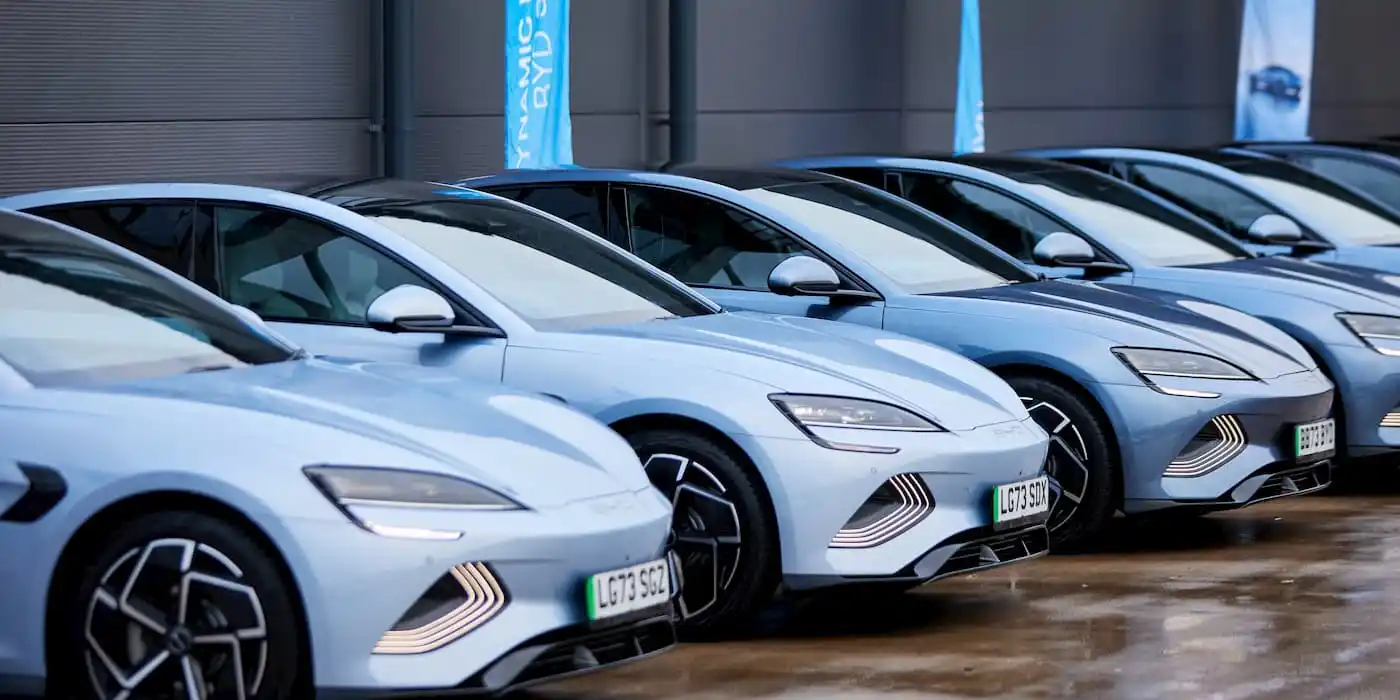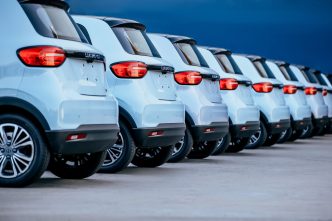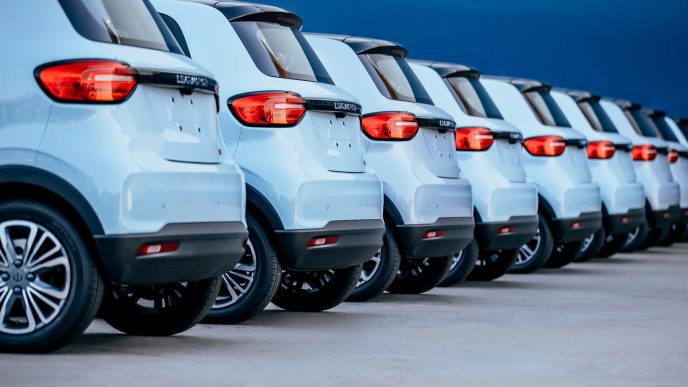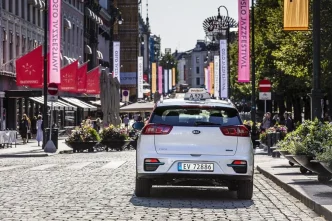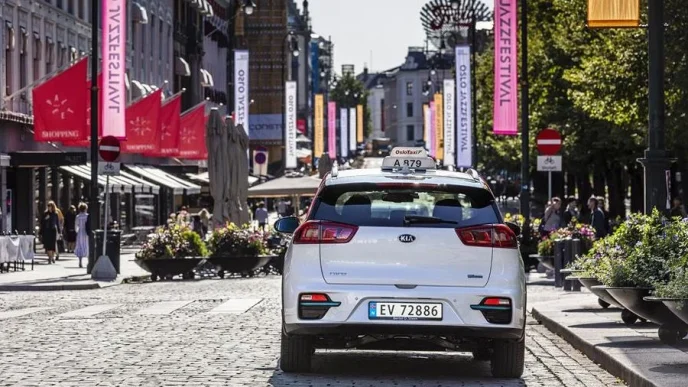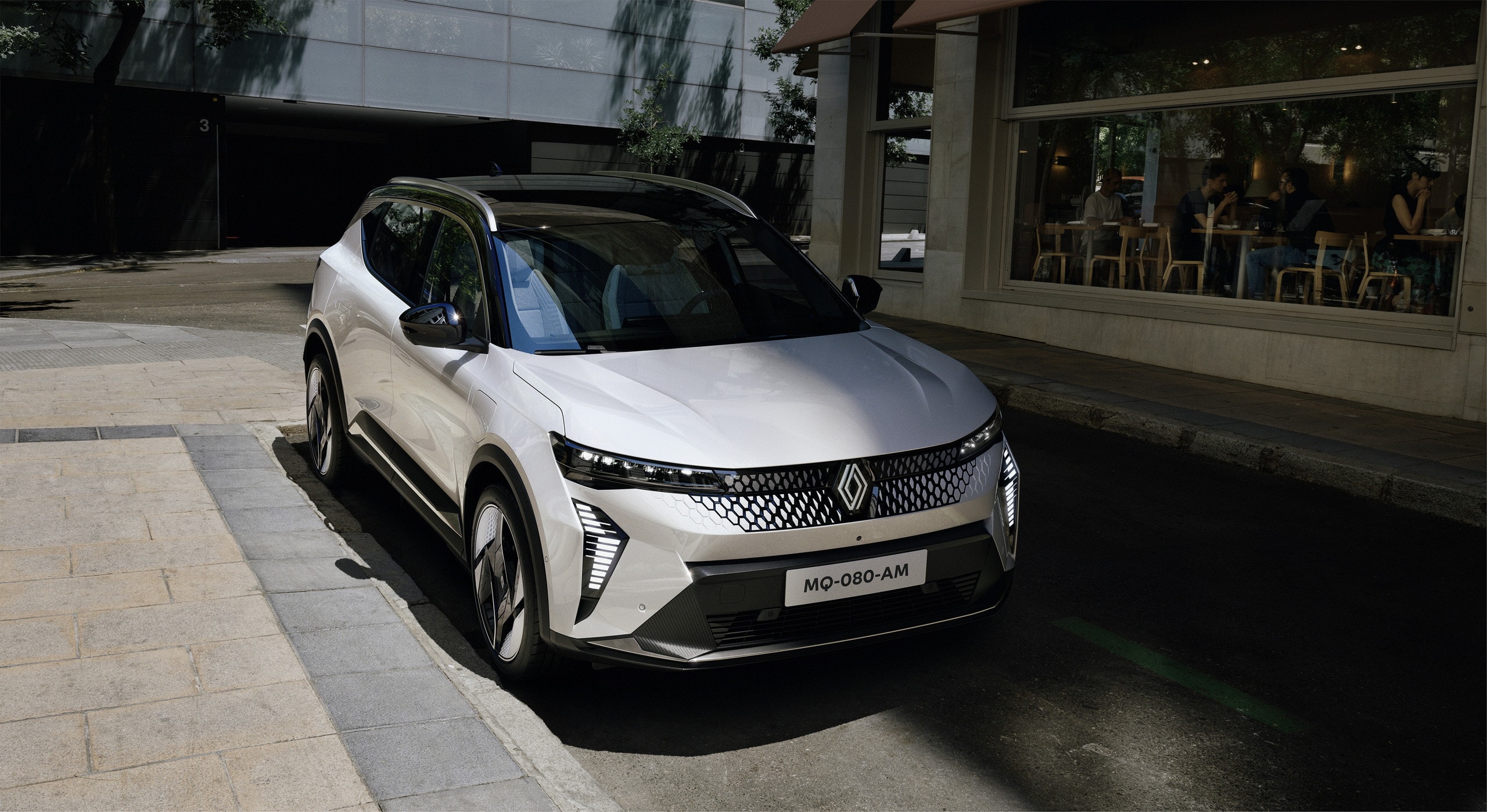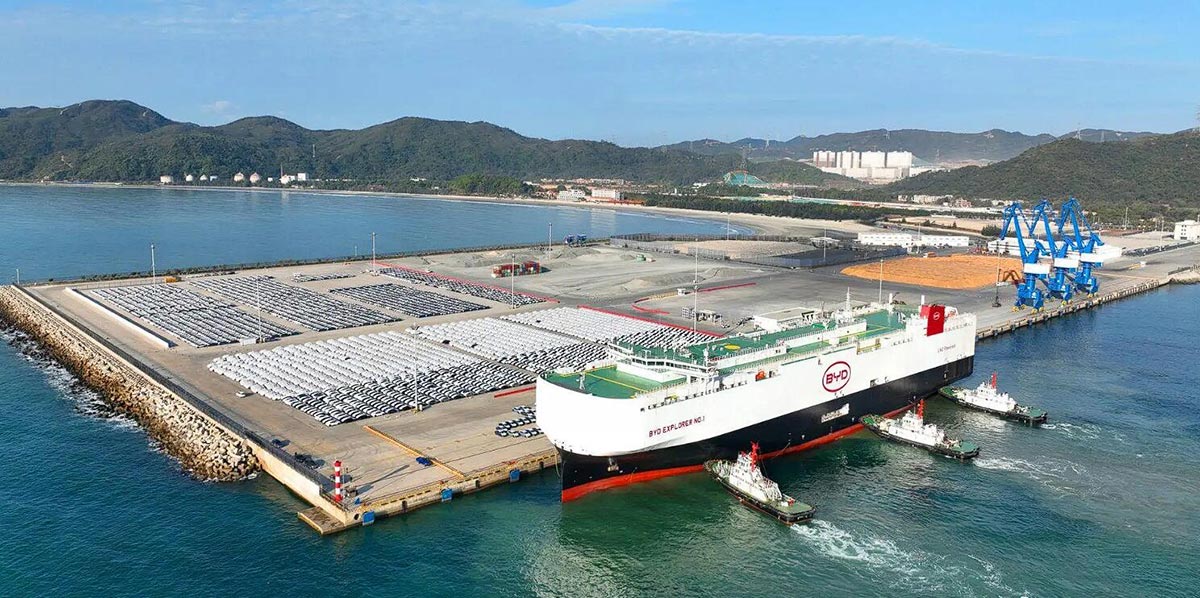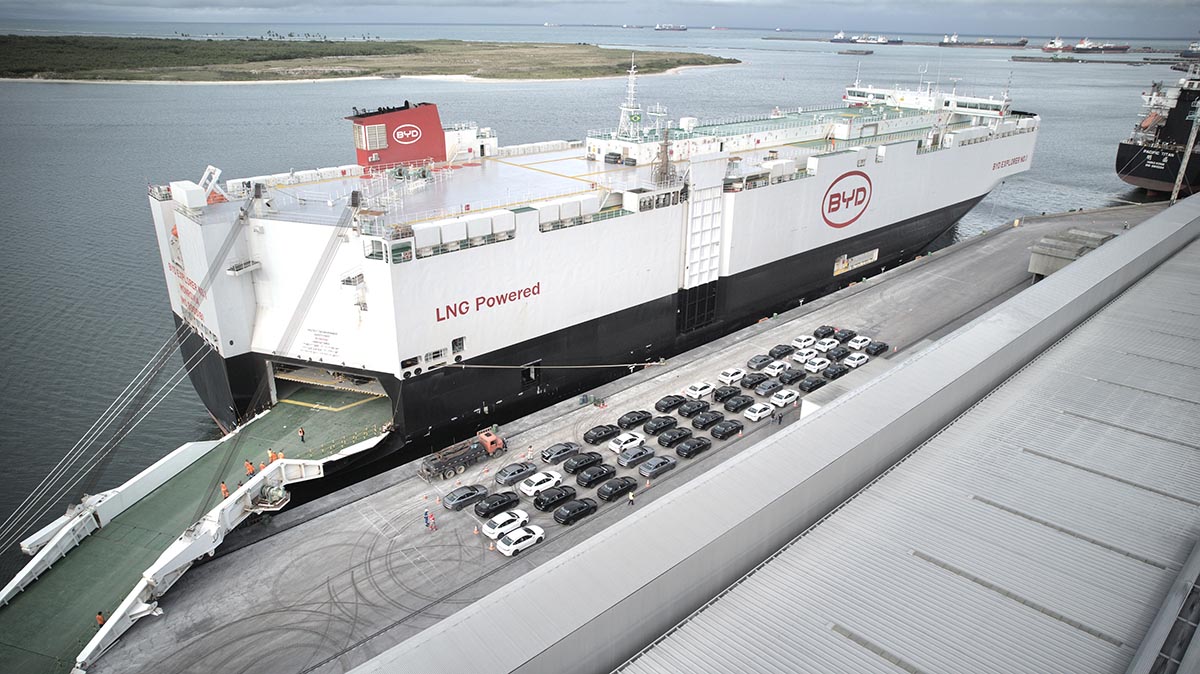The Mexican government on Monday raised concerns about a recent proposal by the Biden administration to restrict certain Chinese software and hardware in connected vehicles in the U.S., citing national security concerns. Mexico’s economy ministry, in a filing with the U.S. Commerce Department, expressed apprehensions that the proposed restrictions could have a “substantial impact on Mexico’s automotive industry,” stating, “Economically, it poses potential trade barriers, disruptions to supply chains, increased production costs, and a possible risk of reduced direct and indirect employment.”
Automakers and technology organizations also voiced concerns, asking for modifications and additional time before the rule takes effect. This proposal represents an intensification of U.S. policies targeting Chinese vehicles and components, effectively banning imports of Chinese brand vehicles, even those assembled in Mexico. In a similar move last month, the Biden administration increased tariffs on Chinese imports, applying a 100% duty on electric vehicles (EVs) and imposing higher tariffs on EV batteries and key minerals.
The Mexican economy ministry argued that the rule could conflict with North American trade agreements, saying it could “lead to increased production costs due to the shift in suppliers of auto parts and components within the automotive industry’s pre-planned supply chain.” The proposal specifies that software restrictions would begin with the 2027 model year, while the hardware ban would commence with the 2030 model year or January 2029. While the U.S. Commerce Department has yet to comment, the Alliance for Automotive Innovation, representing major automakers like General Motors, Toyota, Volkswagen, and Hyundai, requested an additional year to comply with hardware requirements, while the Consumer Technology Association and Honda sought a two-year extension on both deadlines for essential testing and contract updates.
The U.S. Commerce Department aims to finalize the proposed rule by January 20. The rule would apply to all vehicles used on public roads but would exclude off-road agricultural and mining vehicles, as well as drones and trains.


